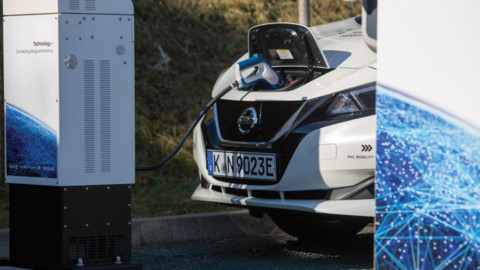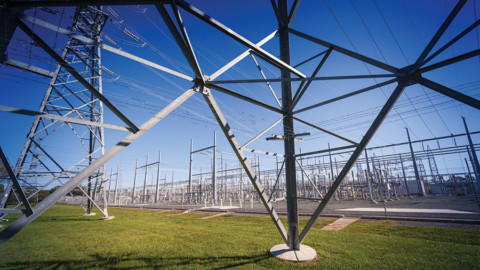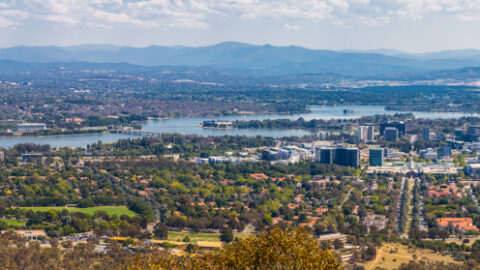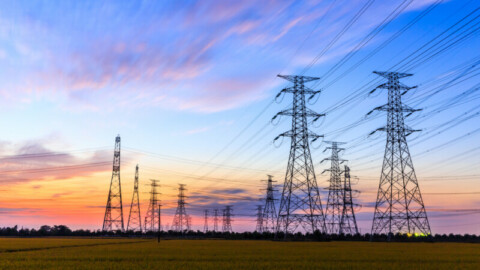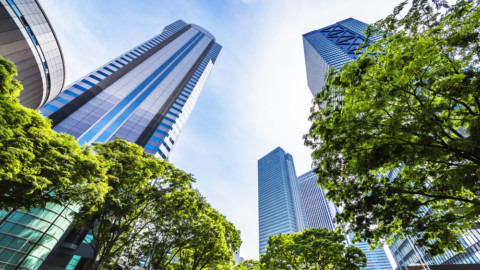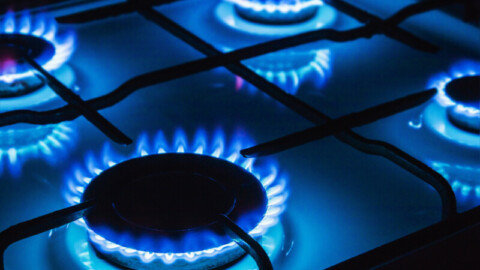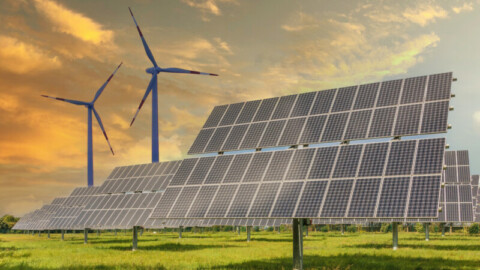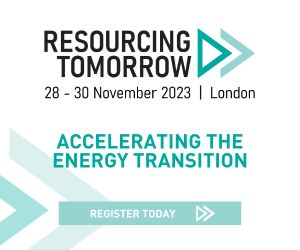By Tess Macallan, Journalist, Energy Magazine
With the urgent need to transition to green energy and reduce carbon dioxide emissions, the Federal Government designed the Regional Hydrogen Hubs Program. In 2023, the threat of climate change is compounded with a global energy crisis, creating an even greater demand for diverse sources of clean energy. Now, the Federal Government is taking further action by investing $70 million into the development of a hydrogen hub in Townsville.
The Regional Hydrogen Hubs Program – Townsville Region Grant opportunity intends to direct funding towards projects that will help develop a hydrogen industry in North Queensland. With matched funding, the region will see a $140 million investment in renewable hydrogen for Australia’s own use or to export overseas as energy generation and storage, or as a chemical feedstock.
Road to net zero
The Federal Government’s Climate Change Bill 2022 took effect on 14 September 2022, outlining Australia’s greenhouse gas emissions reduction targets of a 43 per cent reduction from 2005 levels by 2030 and net zero by 2050. Alongside this legislation, in November 2022 Australia joined over ten global partners to establish the world’s first Net Zero Government Initiative at COP27.
For the Federal Government to meet its obligations within Australia and to lead the way internationally, it is imperative that industries transition to renewable energy. Through the National Hydrogen Strategy, developed in 2019, the Federal Government made it clear that it was determined to foster Australia’s position as a clean hydrogen superpower.
Increasing extreme weather events, economies rebounding following COVID-19 lockdowns, and Russia’s invasion of Ukraine has resulted in higher energy prices around the world. The International Energy Agency’s (IEA) World Energy Outlook 2022 outlines the issues of a global energy market that is dependent on oil and gas.
It is critical that Australia continues to develop a diverse supply of renewable energy sources to secure Australia’s economic future. The hubs so far Australia is on track to become a leading producer and exporter of hydrogen. Since 2020, successive Federal Governments have announced planned investments of up to $526 million to support the development of regional hydrogen hubs across Australia. The Regional Hydrogen Program intends to help build eight hydrogen hubs, one of which is in the Western Australian region of Pilbara.
The Federal Government has committed $70 million to the Pilbara Hydrogen Hub under the hub’s implementation grants scheme. In the Pilbara, French energy company ENGIE is building the Yuri Renewable Hydrogen to Ammonia Project – one of the first industrial-scale renewable hydrogen projects in the region. The company has partnered with Mitsui & Co to operate the project, with Mitsui & Co acquiring a 28 per cent stake in the Yuri subsidiary.
In September 2022, the Federal Government announced a $47.5 million investment toward the development of a new 10MW hydrogen electrolyser for the proposed Yuri hydrogen plant in Karratha, Western Australia. It will be one of the biggest electrolysers in the world, with the capacity to produce up to 640 tonnes of renewable energy per year, overtaking Australia’s largest current electrolyser – South Australia’s 1.25MW hydrogen plant in Tonsley Park, Adelaide.
South Australia currently leads the way when it comes to Australia’s renewable outputs, with a significant combination of wind, solar and hydrogen production. The state is on track to become a net 100 per cent renewable energy generator in the 2030s. In 2022 the Federal Government committed up to $70 million towards the Port Bonython Hydrogen Hub Activation project under the Regional Hydrogen Hubs Program. The funding has been allocated towards delivering a common user infrastructure at Port Bonython.
Hopes for Townsville Hub
The Townsville Region Grant opportunity is designed to increase the supply of green hydrogen available for domestic and export use.
The program intends to support existing industries in reducing their emissions while fostering new industries around green hydrogen in the region. The Federal Government hopes the development of the hub will create job opportunities, increase capacity of local workforce, encourage Australia to accept green hydrogen and to reduce the cost of its production.
Federal Minister for Climate Change and Energy, Chris Bowen, said it is important to support sectors such as heavy industry and transport to reduce their emissions and achieve net zero by 2050. “Green hydrogen will play a crucial role in Australia’s clean energy transformation and create jobs for technicians, tradespeople and engineers, as well as significant opportunities in related businesses and service industries,” Mr Bowen said.
The Federal Government predicts that by 2050, Australia’s hydrogen industry could generate $50 billion in additional GDP and create over 16,000 jobs – not including the 13,000 jobs created through the construction of renewable energy infrastructure that will power green hydrogen production.
Local hydrogen production can also bring new design and manufacturing opportunities in fuel cell technologies for the automotive, aviation and marine industries. “These regional hubs will give our green hydrogen industry an early-stage springboard to scale, which will help to promote further growth and investment in clean technology,” Mr Bowen said.
Global demand for green energy
The Regional Hydrogen Program aims to support Australia’s industries to move beyond barriers associated with the hydrogen industry, including hydrogen delivery costs and achieving low-cost hydrogen production at scale.
Similarly to previous regions where grants have been awarded, Townsville has the resources and infrastructure to become a key player in hydrogen production. In announcing the grant opportunity, Prime Minister, Anthony Albanese, said, “This is an important development for Australia and North Queensland. Australia is already one of the largest exporters of energy in the world; a thriving hydrogen industry here in North Queensland will be critical for us to become a renewable energy superpower as well.”
With Townsville port facilities, labour capacity, and proximity to Asian trading partners, the region is an optimal location for a hydrogen hub. “The hub will help secure jobs and economic growth in Queensland, delivering on one of our key commitments, and could also pave the way for exports to our valued trading partners in Japan, South Korea and across Asia,” Mr Albanese said.
The Australian Hydrogen Council has welcomed the grant, stating that the program will help develop Australia’s hydrogen industry and support Australia in fulfilling its emission reduction targets.
Program details
Producers, consumers, and potential exporters of hydrogen across industrial, transport, export and energy markets are eligible to apply for the Townsville Region Hydrogen Hub program. Guidelines are available on the Federal Government’s Business website.
Grants from $30 million to $70 million will be available under an open and competitive application process when applications open in March 2023. Applicants will be assessed in two stages, with an initial open competitive process. This will be followed by a formal application process for shortlisted applicants. The Department of Climate Change, Energy, the Environment and Water will provide an information session for potential applicants in the coming months.
You can register your interest at [email protected]



